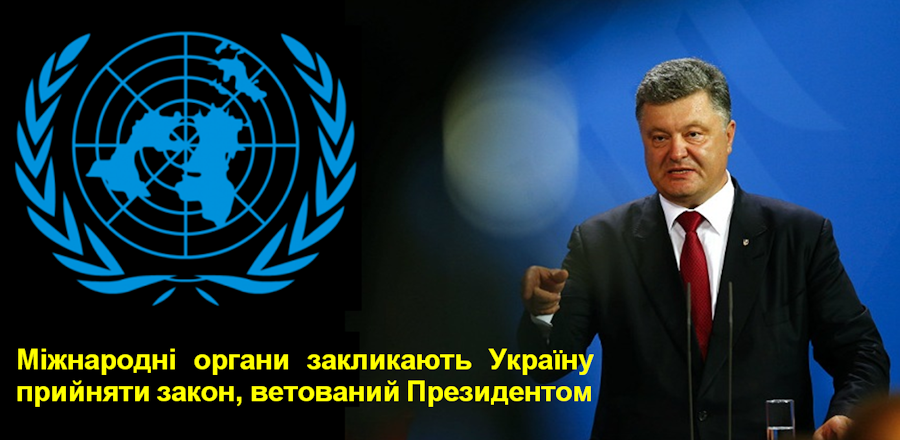On February 7, 2017, the Implementation Committee of the Espoo Convention (Convention on Environmental Impact Assessment in a Transboundary Context) published a report of its thirty-seventh session, held on 12-14 December 2016 in Geneva. At this session, the Committee examined among other issues Ukraine’s progress in implementation of the decision on non-compliance of the state with its obligations within the treaty (the case on the Danube-Black Sea deep-water navigation canal in the Ukrainian sector of the Danube Delta / Bystroe canal). By this decision Ukraine was recommended to adopt relevant legislation and bring the project on the Bystroe canal into full compliance with the Convention by the end of 2015.
Assessing the legislative framework update for implementing the requirements of the Convention, the Committee analyzed the provisions of the new Law of Ukraine on Environmental Impact Assessment (EIA Law) adopted on 4 October 2016 and vetoed by the President of Ukraine. The Committee concluded that the law on EIA is generally compatible with the criteria that the Committee had previously set out in the review of the country’s legal, administrative and other measures to implement the provisions of the Convention. The Committee expressed its wish that Ukraine would: (a) ensure that the EIA law would continue to satisfy those criteria further to its subsequent revision in accordance with the President’s comments; and (b) consider the possibility of further improving some provisions of the law in order to facilitate its practical implementation. As for the Bystroe canal, the Committee expressed its concern that progress made by Ukraine in bringing the operation of the canal in compliance with the Convention had been very limited.
The next session of the Committee will be held on February 20-22, 2017. This is the time limit when Ukraine still has a chance to adopt the EIA law. If it does not happen, in February the Committee will form its position and recommendations for the next meeting of the Parties to the Convention (Minsk,13-16 June 2017) on the case for Bystroe canal, and will recommend to take more stringent measures regarding Ukraine.
Notably, on 12 January 2017 the Energy Community Secretariat initiated a case against Ukraine and submitted its Position regarding Ukraine’s failure to perform full transposition of the EU Directive on Environmental Impact Assessment.
On January 23, 2017, Christian Friis Bach, Executive Secretary of UNECE, addressed the Minister of Foreign Affairs of Ukraine Mr. Klimkin with a letter on the findings of the Compliance Committee of the Aarhus Convention regarding the EIA law that had been vetoed by the President. In light of the next session of the Meeting of the Parties to be held in Montenegro in September 2017, the Compliance Committee of the Aarhus Convention warned the government of Ukraine that this is the last chance to remedy the situation. The Law of Ukraine “On Environmental Impact Assessment” or any legislation with identical content should be adopted by February 20, 2017. Otherwise, the Compliance Committee in its draft decision on Ukraine for the Meeting of the Parties will be forced to recommend to the Parties of the Convention to adopt the decision on depriving Ukraine of its rights and privileges under the Convention.
International charitable organization “Environment-People-Law” calls on officials in finalizing the EIA law to pay particular attention to the positions of competent international bodies as the comments of the President of Ukraine, which became the basis for imposing the veto on the law concerned, were related among others to the procedures for public participation. We urge parliamentarians, the Administration of the President of Ukraine and personally Peter Poroshenko to take immediate action. The time limits are critically tight. Saving the face of the country on the international arena depends entirely on the President. It would be highly regrettable, if during the office of governmental officials and parliamentarians, who claim adherence to democratic values of new Ukraine, the country were punished with sanctions for lack of will for changes and implementation of European democratic reforms.


